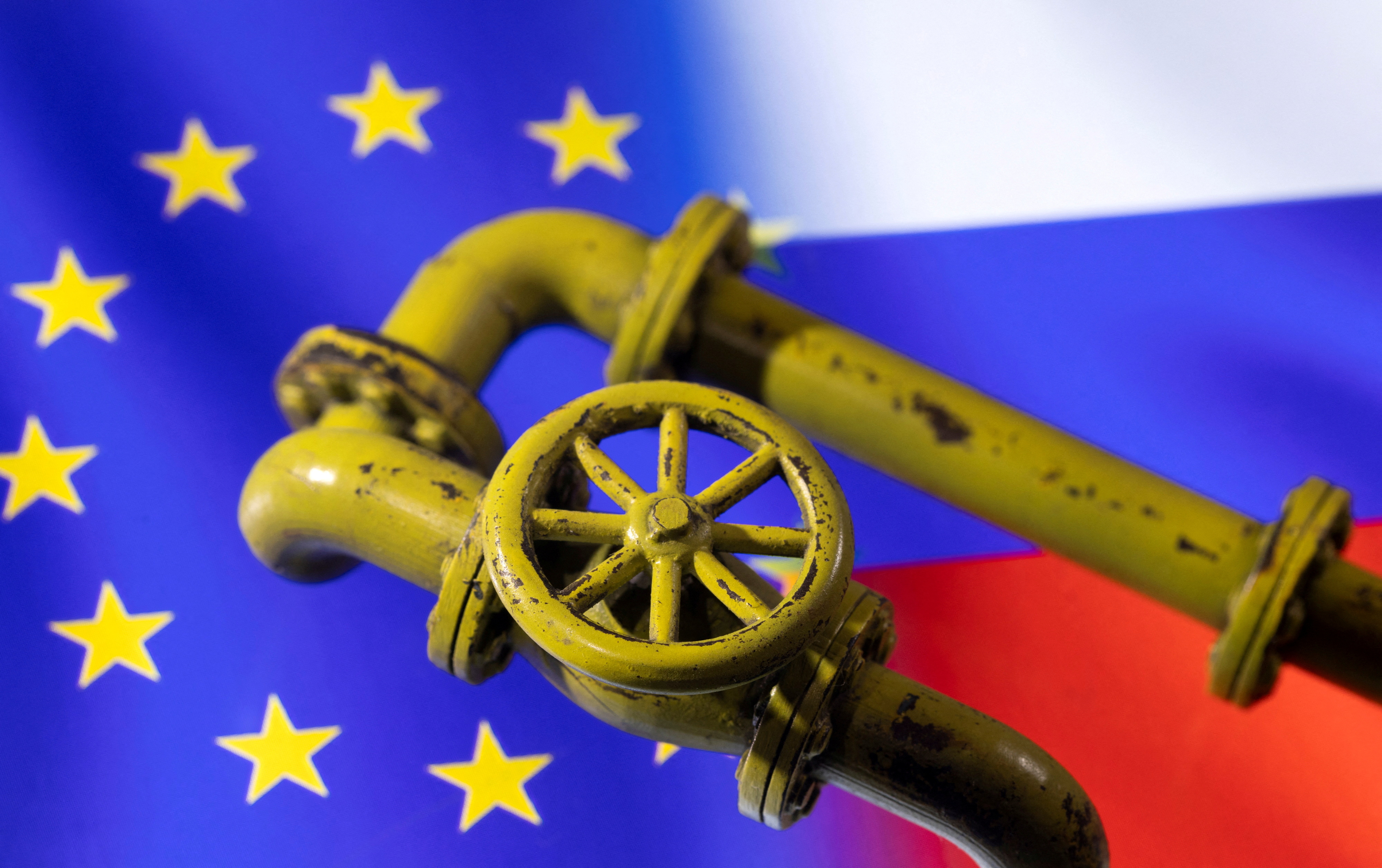By Maria Demertzis
Talking about engaging with Russia while the war in Ukraine grinds on is both difficult and hard to justify. However, the day will come when Putin is no longer in power, and Europe will have to engage again. Russia will remain on the EU’s eastern frontier. Not dealing with her is not an option if peaceful coexistence is to be achieved.
More broadly, the need to engage politically with the non-like-minded goes beyond Russia and has acquired greater relevance in an increasingly polarised world. The temptation is always to speak to those who think and act like us, but it is precisely with those that think and operate differently that engagement is most necessary, in order, to tackle this polarisation. Finding a common basis is crucial for dealing with global public commons, like a stable climate. But political engagement and a desire to bring everyone to the global negotiating table are not the same as economic cooperation and are certainly not equivalent to economic dependence.
Russia’s invasion of Ukraine has made it very clear that countries in Europe had confused the need for political cooperation with economic dependence. The principle of engaging with Russia as a way of dealing with the country politically was equated with an excessive energy dependence on which an industrial model was built. As the EU struggles to decouple from Russia on energy, European countries must learn to differentiate between the two concepts.
Political engagement, especially with those that think differently, is going to remain essential. A climate-protection strategy will never be delivered if countries act alone or limit themselves to speaking only to the like-minded. Similarly, the political avenue is the only real alternative to aggression that threatens peace. Multilateral solutions to the rules of engagement remain the best way to maximise participation and preserve openness to cooperation. Multilateral forums are also the only places where the burdens of transformation can be distributed fairly, which is essential to achieve ownership of policy actions.
But if political and economic cooperation are notions that reinforce each other, they are not the same. The factors that increase the resilience of economic systems are quite different from those that lead to political cooperation. An economic unit, be it a company or country, should care about pricing and costs, as much as it cares about business continuity. So, diversification of both suppliers and clients is crucial to achieving sustainable outcomes over time.
For example, the desire to shorten supply chains is not necessarily equivalent to political hostility. If a supply chain is too long and complicated, threatening business continuity, it makes good economic sense to shorten it. Relying on one type and source of energy is another unnecessary vulnerability that risks economic continuity. Diversification is a good economic principle, without needing to invoke political motives.
Trouble however arises when the two concepts are mixed up. Shorter supply chains are often identified with ‘friend-shoring’. Energy diversification is labelled ‘decoupling’. Optimising the length of supply chains and diversifying energy are ways to increase economic resilience. Friend–shoring and decoupling can be seen as ways of ignoring the non-like-minded. This encourages a narrative that is not conducive to international cooperation and openness. The concepts of ‘strategic autonomy’ in the EU or ‘Buy American’ in the United States arguably promote a narrative of reduced willingness to engage globally, if not outright protectionism. For the EU this is certainly inconsistent with its pursuit of multilateralism. And it is totally unnecessary if the objective is simply to increase economic resilience.
Solving global problems requires more, not less engagement. The narrative and actions that follow must be as inclusive as possible or could derail the fight against climate change and global peace.
But while this happens, economic growth cannot be built solely on relationships with those governments we engage with politically. A robust economic system that can sustain shocks of any nature, including political, is needed. This is economic common sense.
Maria Demertzis is the Deputy Director at Bruegel, and part-time professor of economic policy at the European University Institute. This piece was published as an op-ed on the Bruegel blog, and also posted on the blog of the Cyprus Economic Society.







Click here to change your cookie preferences